Are you a rookie deer hunter?
Deer hunting is a never-ending journey. If you do it and do it right, you should never stop learning. We can know a lot about the white-tailed deer due to the extensive research biologists are conducting. We can perfect approaches and tactics by observing whitetail behavior and implementing said tactics in the field. We can even elevate our knowledge of all things deer and deer hunting by reading and watching educational material. But we'll never know it all. Not ever.
That said, we all have to start somewhere. And those just starting at something are generally referred to as rookies. Or, if you're more hip on today's lingo (which I'm not), you're a newbie.
So, based on this list, are you one? Still a little wet behind the ears? No shame if you are. We've all been there. We're all friends here. And the Realtree.com Deer Hunting page is the place to learn from and enjoy the latest in deer hunting content and research, regardless of your knowledge or skill level.
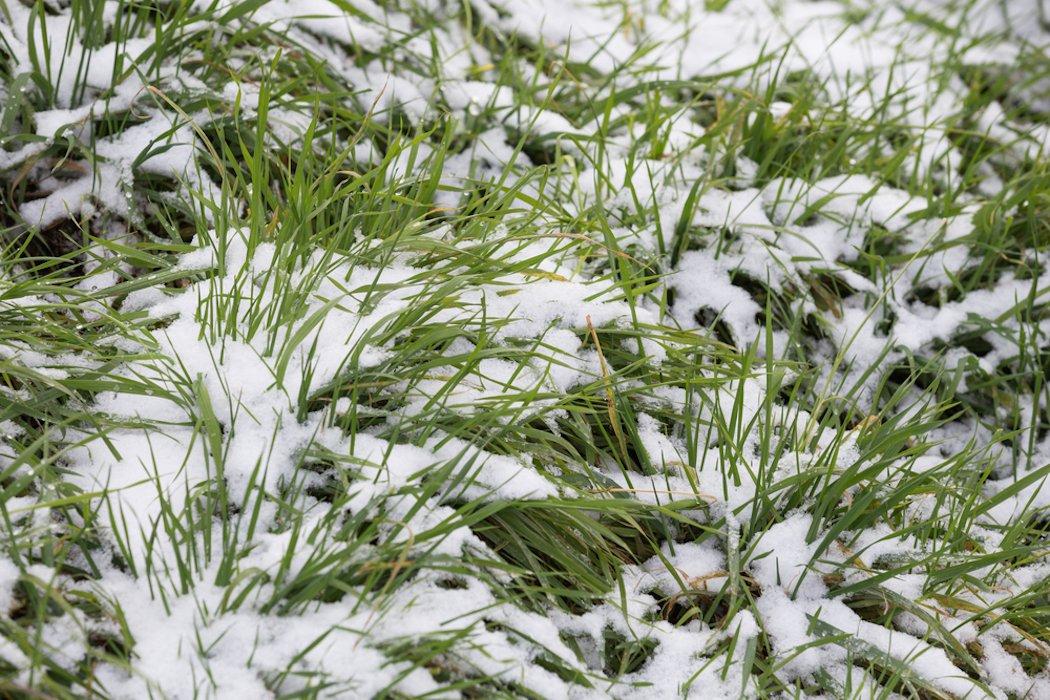
A seasoned deer hunter knows a good day for deer hunting when he/she sees one. Cold fronts, rain events, barometric pressure sweet spots, the rut and more are all times to be in the field. Recognize them.
Photo credit: Shutterstock/Andrzej Rostek
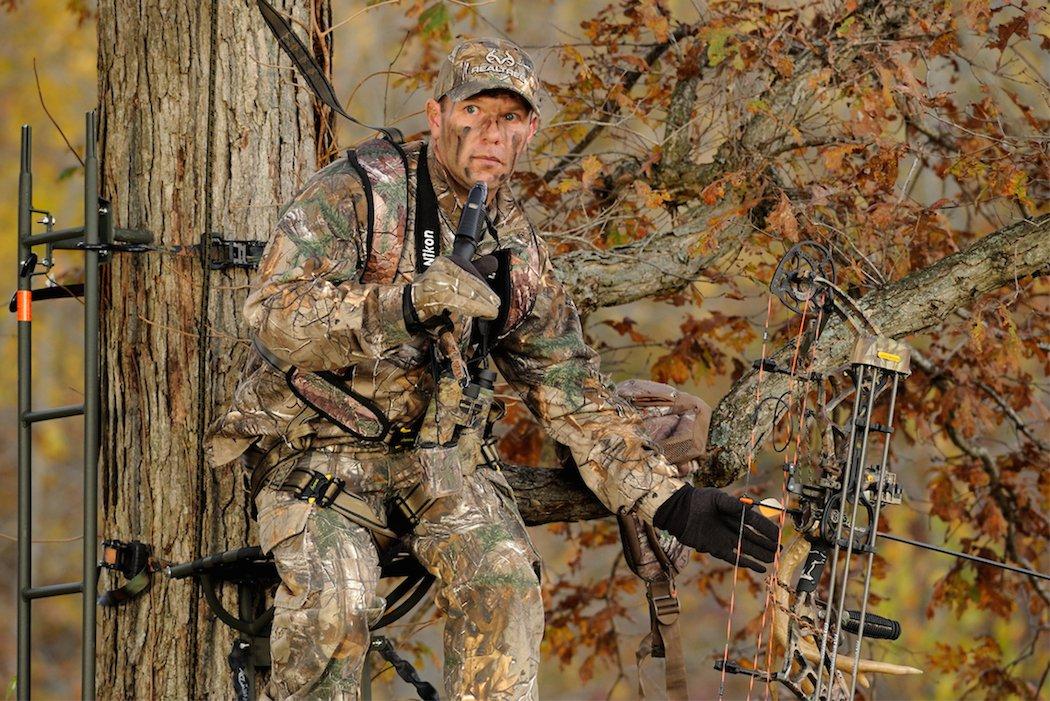
You have to be able to sort out the good advice from the bad. As you mature as a deer hunter, so will the filters on your ears. You'll get better at ignoring the malarkey people try to feed you.
Photo credit: Brad Herndon
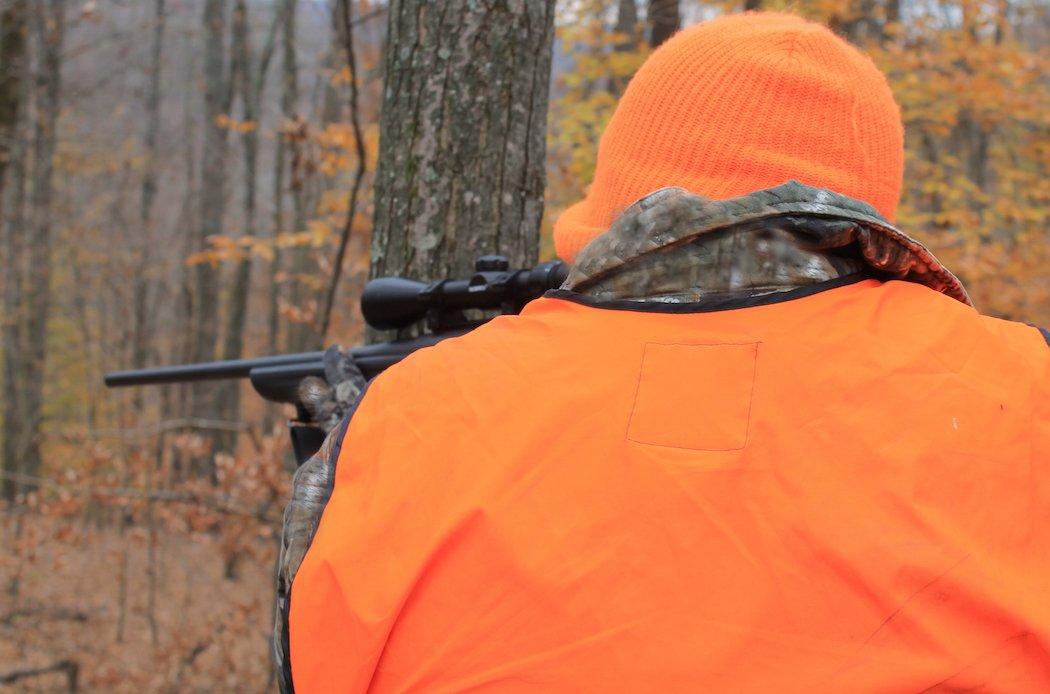
There's being hard on gear. And there's laying your bow on the ground, forgetting you left it there, and driving over it with your truck tires. The latter may or may not have happened early on in my bowhunting days. Now, I'll be the first to admit that I'm still tough on gear. But only a rookie trashes equipment. The same goes for maintenance on gear. Upkeep is protection.
Photo credit: Josh Honeycutt
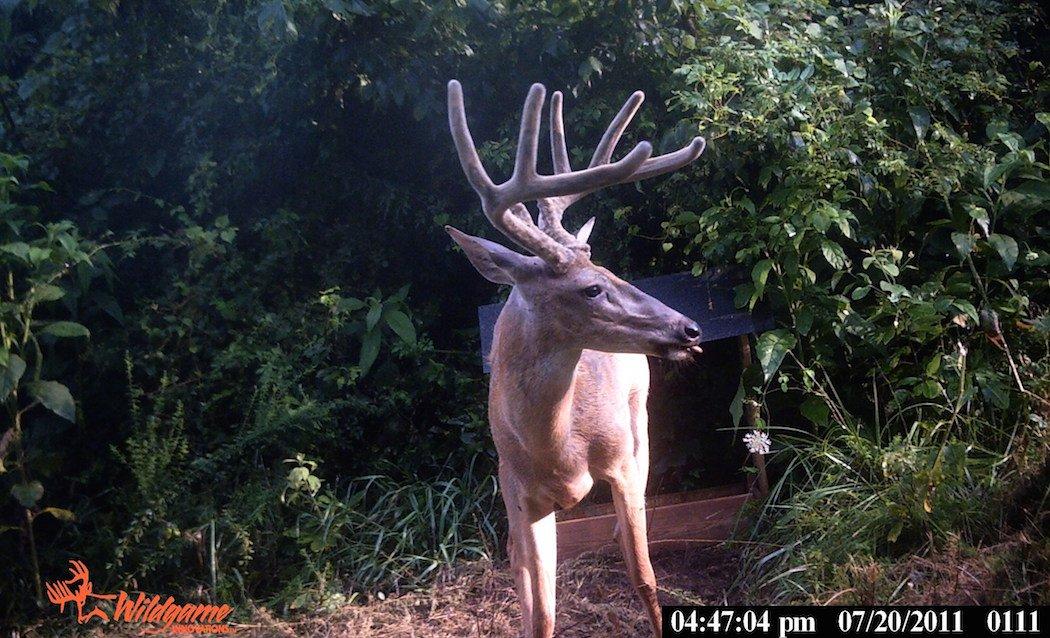
Trail cameras have arguably become the single most influential scouting tool in the history of deer hunting. They're that important. And if used correctly, they do way more good than harm. But use them incorrectly and they do more harm than good.
Using trail cameras effectively isn't easy. It's a learned skill. And if hanging a camera just consists of you walking out, finding a nice tree to mount your cam to, and calling it good, you might be a rookie. A veteran understands proper usage of a camera. A rookie doesn't.
Photo credit: Josh Honeycutt
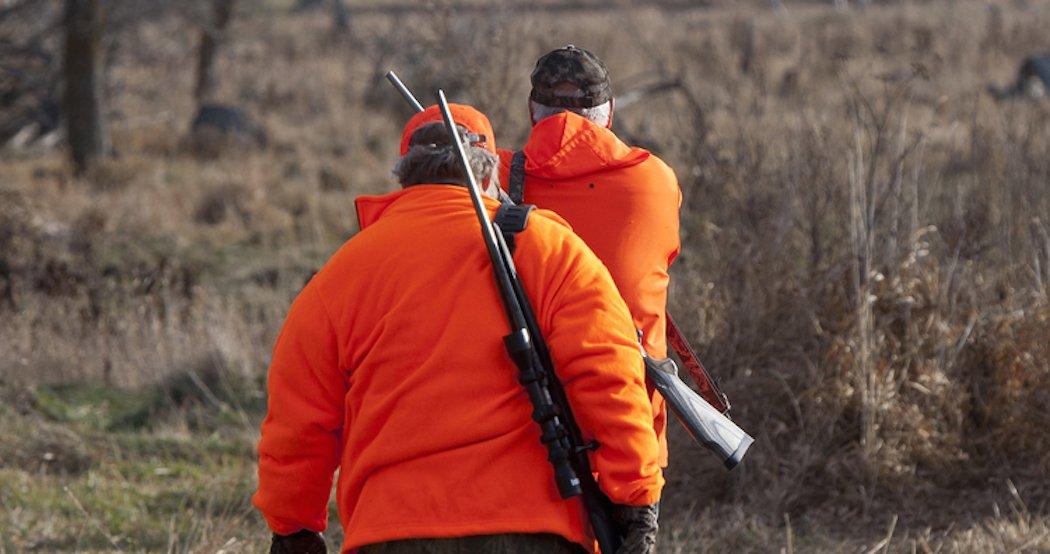
A good deer hunter knows how to dress for each hunt. A rookie will get to the woods and ask their hunting buddy for a spare jacket. And of course they brought one, because seasoned hunters know to bring extra layers. Wear enough clothing. It's vital to keeping yourself comfortable so you can maximize your time in the field.
Photo credit: Shutterstock/Steven Oehlenschlager
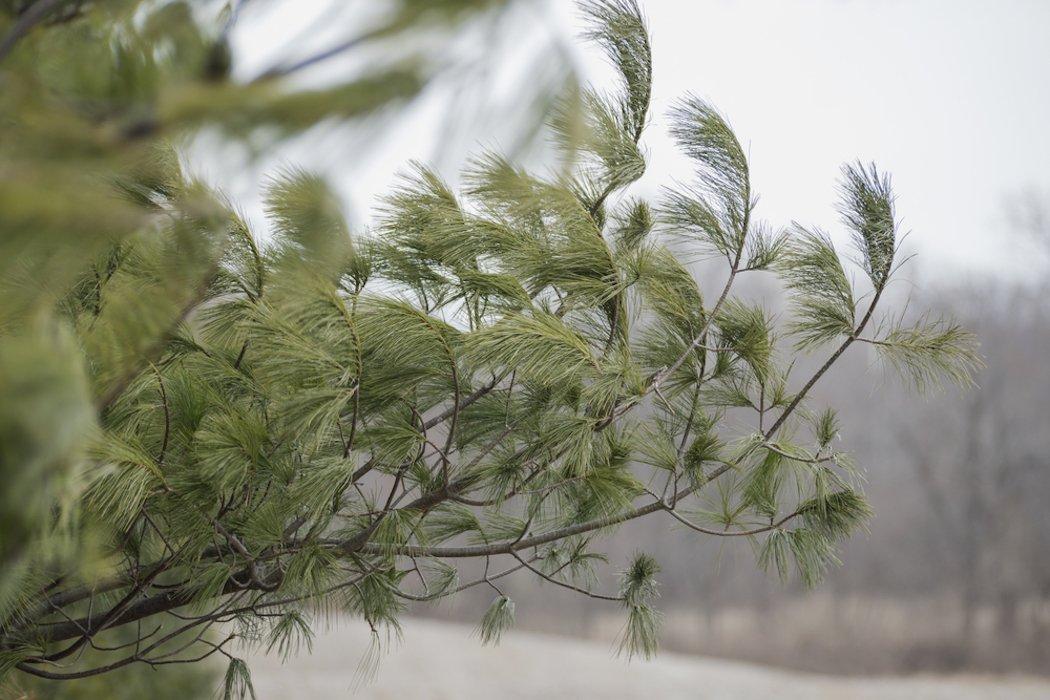
Rookies don't check the wind. They don't consider the negative effects that could follow hunting a spot with the wrong wind direction. They just hunt. Don't just blindly hunt an area.
Photo credit: Shutterstock/Kristin Chiasson
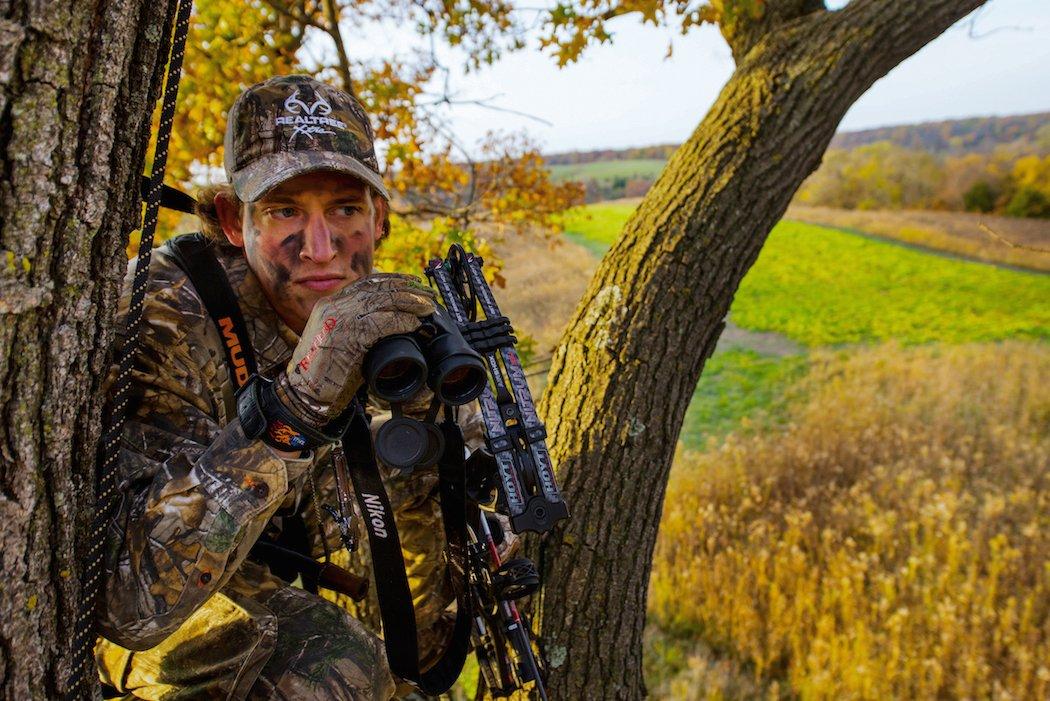
Deer hunting demands a healthy balance. You must be flexible and adapt to the hunting situations you find yourself in. And you can't be too predictable in your hunting patterns or the deer will pattern you instead.
Photo credit: Realtree
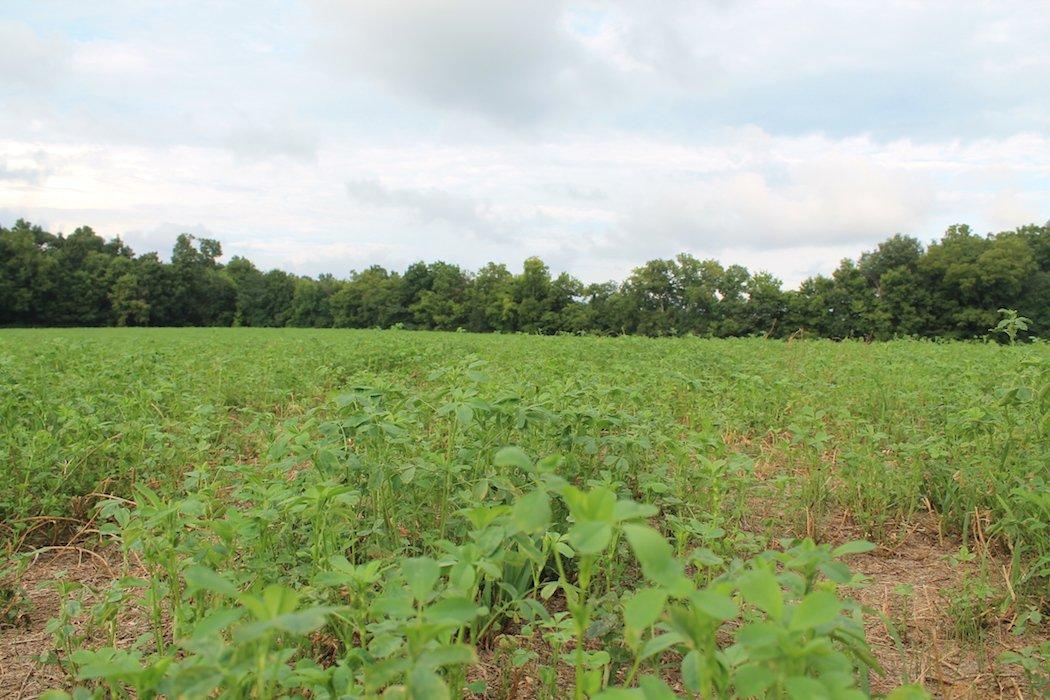
Now, there are times when this can be effective. But most times, it's more effective to get back into the thicker stuff. A seasoned deer hunter recognizes when he/she should and shouldn't hunt over big fields.
Photo credit: Josh Honeycutt
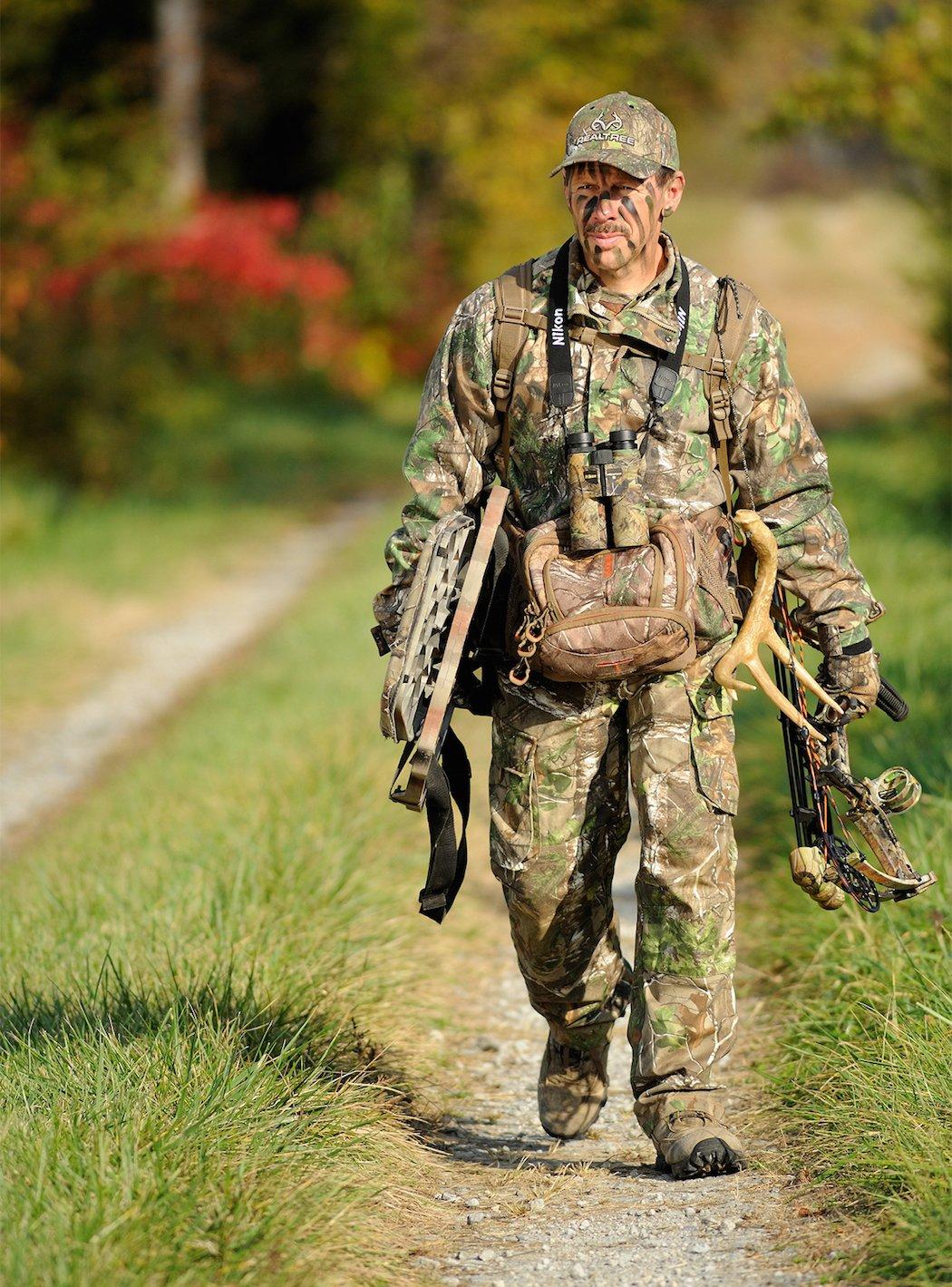
You need to have patience with your hunting spots. Once you find the right spot, have faith in it. But you also need to know when to change stands. As you grow as a deer hunter, you'll find that happy medium.
Photo credit: Brad Herndon
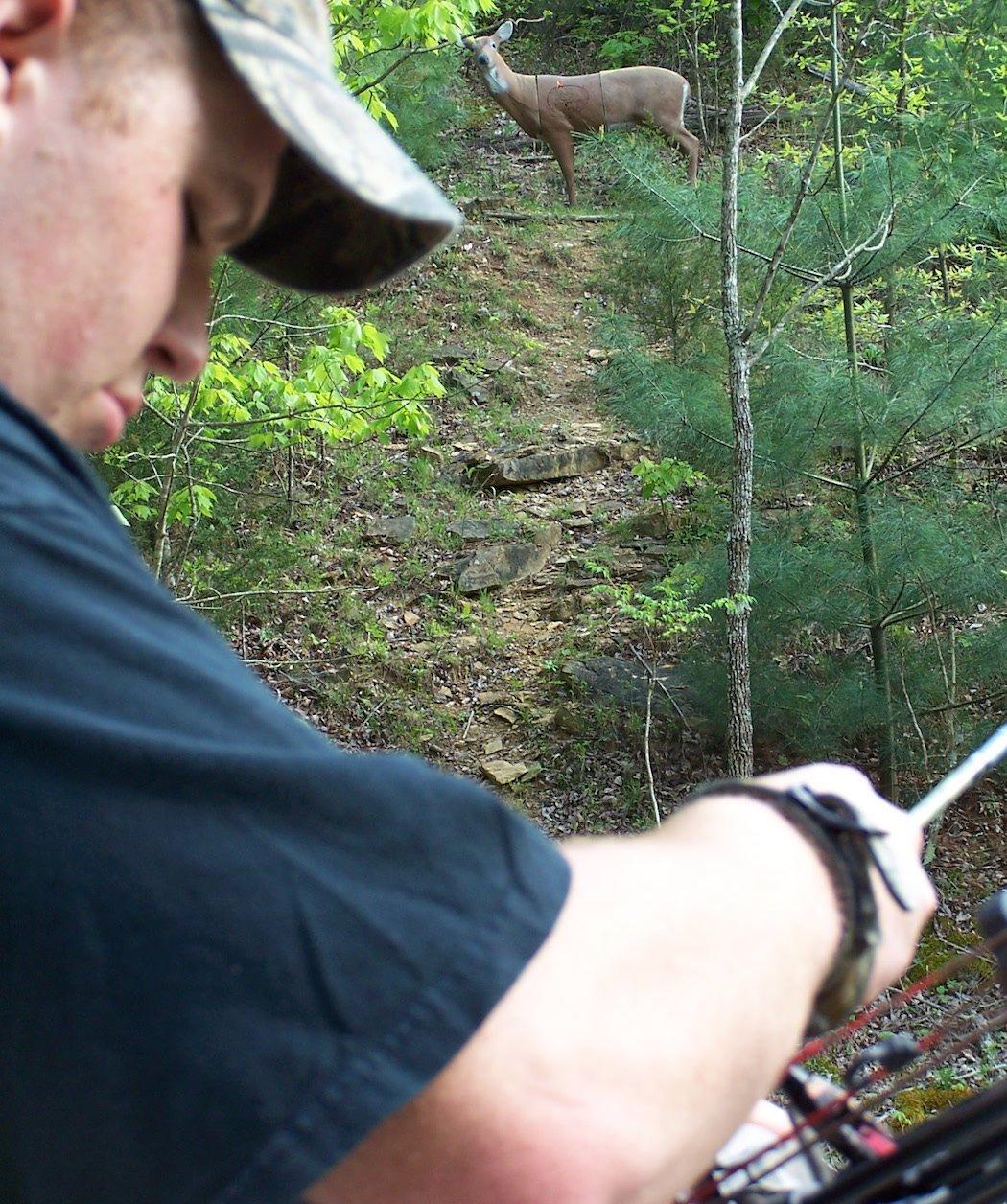
Rookies freeze at the moment of truth. Deer hunters with a few seasons under their belt have likely learned how to combat buck fever well enough to control their emotions until after the shot. Be prepared mentally and physically. You can't hesitate. If you do, you'll likely ruin your chances. Practice real-life situations when shooting your bow to help prepare for this.
Photo credit: Josh Honeycutt
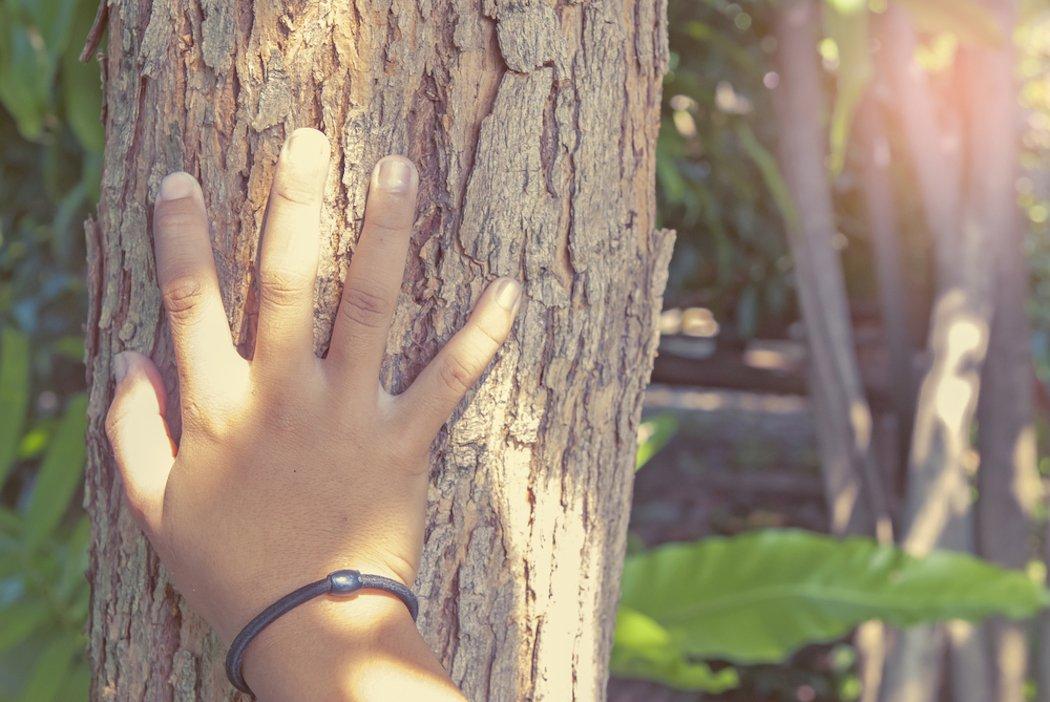
Don't leave unnecessary scent in the woods. Newbies do that. Don't lean up against trees, grab every blade of grass you walk by or drop your gear (and behind) on the ground all around your stand. These things will alert deer to your presence.
Photo credit: Shutterstock/San Photo
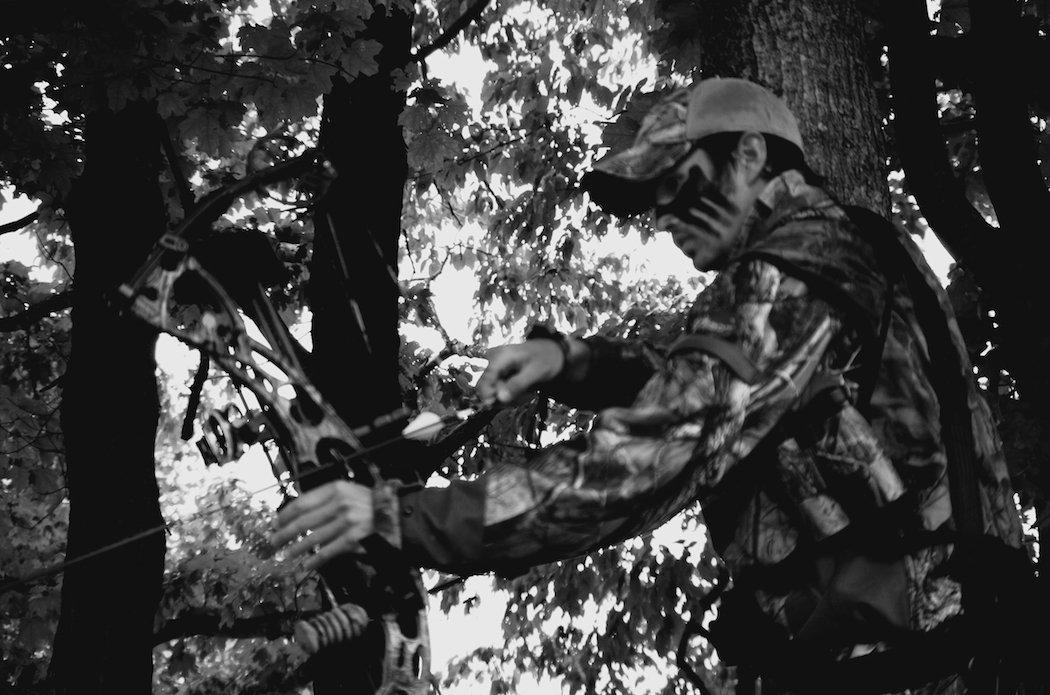
Don't do this. Always save your best spot until late October. Don't pressure the best areas until bucks are getting jacked up on testosterone. Only move in and hunt that spot if a target deer is already showing itself in daylight. That's one of many things veteran deer hunters do to help improve their odds.
Photo credit: Chantal Honeycutt
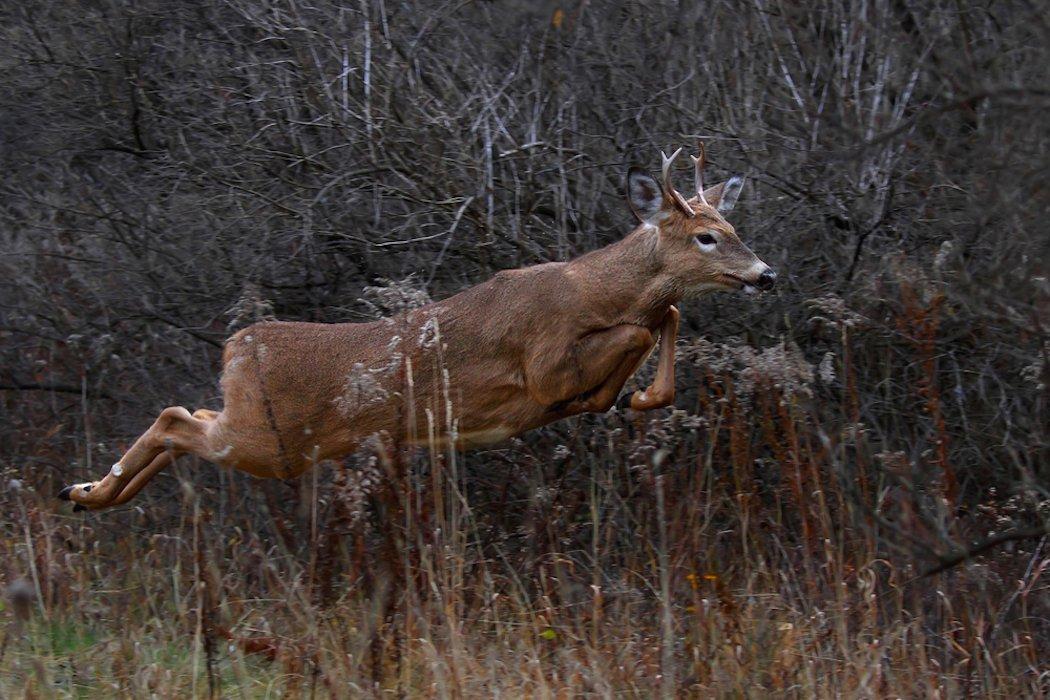
The worst thing you can do is spook deer. That said, alerting one from time to time will happen. Doing it every time you go hunting should raise some red flags, though. And it might be a sign that you're still a rookie.
Photo credit: Shutterstock/Jim Cumming
Editor's Note: This was originally published on June 21, 2017.
Are you a deer hunter thirsty for knowledge? Check out our stories, videos and hard-hitting how-to's on deer hunting.
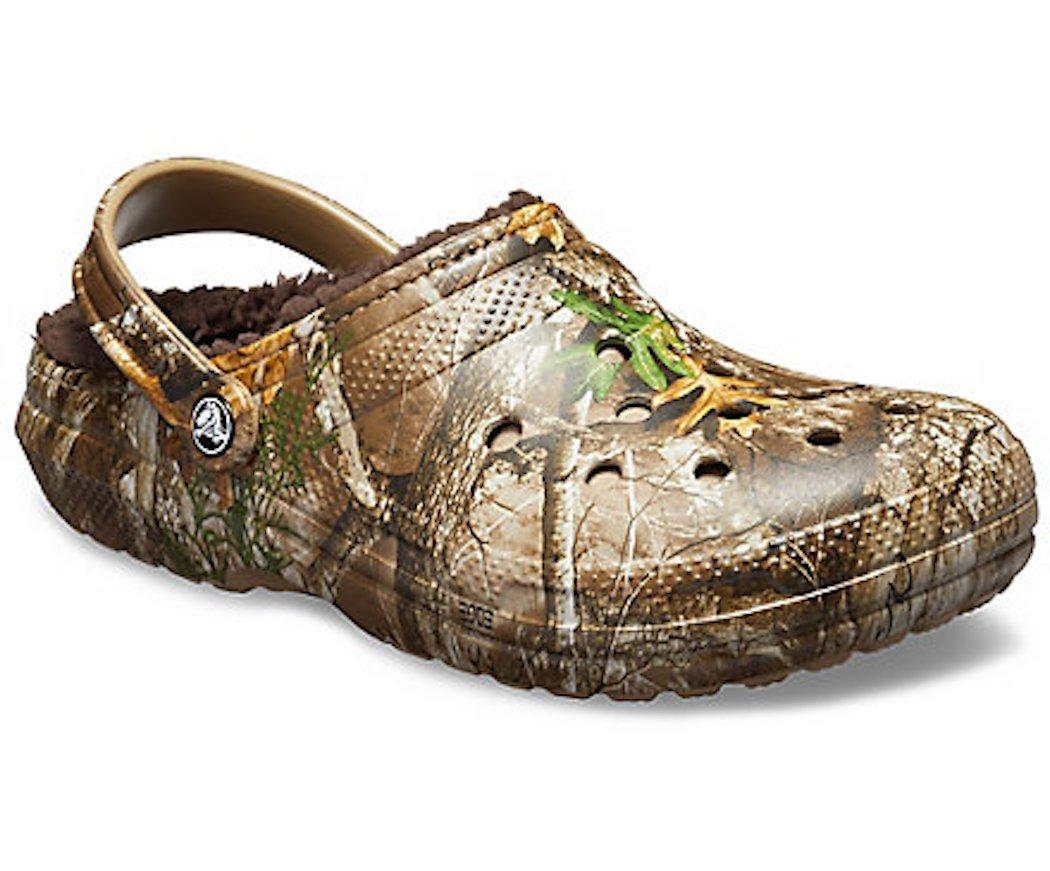
Don't make rookie mistakes with your shoes, either. Everyone needs quality gameday feet swag. It doesn't matter if it's from the couch or in the stands. The new Classic-Lined Realtree Edge Clogs are battle-tested and game-ready. Getcha some.
Men's Sizes: 4, 5, 6, 7, 8, 9, 10, 11, 12, 13
Women's Sizes: 6, 7, 8, 9, 10, 11, 12
Color: Chocolate / Camo
MSRP: $49.99
Buy Now: Classic Lined Realtree Edge Clogs







